A history of the peace walls in Belfast
More than 60 remain throughout Northern Ireland
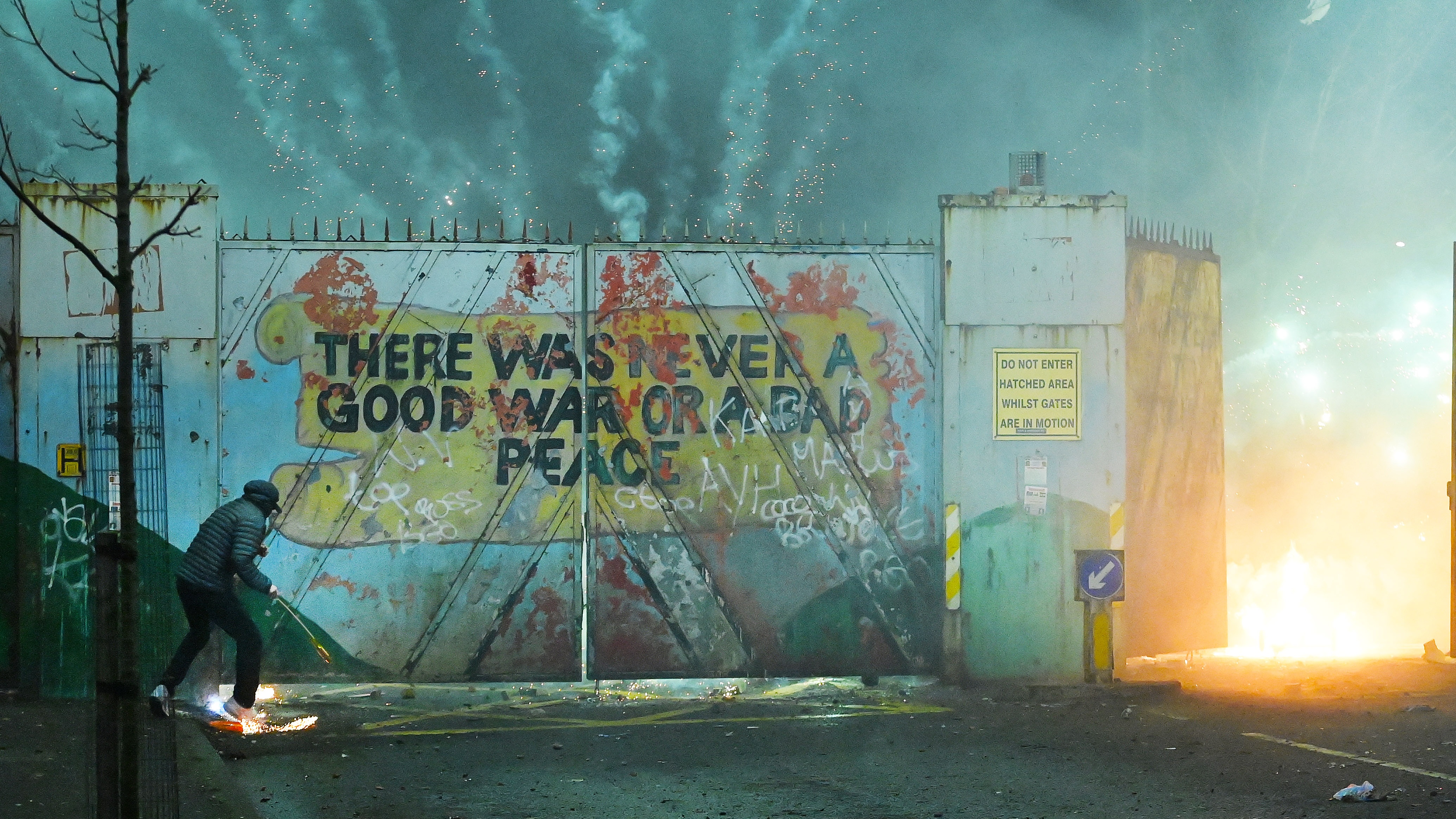
A free daily email with the biggest news stories of the day – and the best features from TheWeek.com
You are now subscribed
Your newsletter sign-up was successful
Rising tensions between loyalist and nationalist groups have triggered some of the worst violence seen in decades on Northern Ireland’s streets recently.
The unrest has been fuelled by a string of rows, including loyalist opposition to the Irish sea border imposed as the result of the UK's Brexit deal. Alleged Covid rules-breaking at the funeral last year of former IRA intelligence chief Bobby Storey has caused widespread anger too.
And as this anger bubbles over, many clashes have taken place along so-called peace walls in Belfast and other cities.
The Week
Escape your echo chamber. Get the facts behind the news, plus analysis from multiple perspectives.

Sign up for The Week's Free Newsletters
From our morning news briefing to a weekly Good News Newsletter, get the best of The Week delivered directly to your inbox.
From our morning news briefing to a weekly Good News Newsletter, get the best of The Week delivered directly to your inbox.
What are peace walls?
Peace walls - or peace lines as they are sometimes known - are a series of barriers in Northern Ireland that separate republican and nationalist Catholic neighbourhoods from loyalist and unionist Protestant areas.
Built in a bid to protect people from violence during the 30 years of conflict known as the Troubles, they remain in place today despite the signing of the 1998 Belfast Agreement, or Good Friday Agreement.
Constructed from brick and iron or steel, some of the walls stand up to 20ft high and extend for miles through residential areas. Perhaps the most prominent peace wall is that which has divided the nationalist Falls Road and unionist Shankill Road in West Belfast for some 50 years.
A free daily email with the biggest news stories of the day – and the best features from TheWeek.com
Temporary peace walls have stood in Northern Ireland since the 1920s, but the majority were built after the events of August 1969, when intense sectarian violence broke out in Belfast and Londonderry, with days of rioting.
Temporary barricades put up to quell the violence eventually “hardened into permanent lines of demarcation” and became “the so-called peace walls which still divide Belfast’s streets”, said The Irish Times in a 2019 article on why some Belfast residents “want to keep their peace walls”.
While attitudes to the barriers are mixed, “individuals and families living in communities dominated by peace walls tend to be amongst the most socially and economically deprived in Northern Ireland”, according to the Northern Ireland Multiple Deprivation Measure.
Official data shows that in Belfast, communities living close to peace walls account for 14 of the 20 most deprived wards in Northern Ireland.
How many are there?
Peace walls extend for a total of some 20 miles across Northern Ireland, with most located in Belfast, and others in cities and towns including Derry, Portadown and Lurgan.
Disputes over exactly what constitute a peace wall means that the number still standing can only be estimated, but the total is believed to be more than 60.
While most of the peace walls are a legacy of the Troubles, “several more have been erected during the last 20 years of relative peace”, the BBC reports.
“In fact, there are now more peace walls across Northern Ireland than there were before the signing of the 1998 Good Friday Agreement.”
Several have become tourist attractions, with visitors coming to view vivid murals painted on the barricades.
What do people in Belfast think of them?
In 2019, the International Fund for Ireland’s Community Attitudes to Peace Walls Survey found that 76% of residents in Belfast were strongly in favour of the barriers being removed “within the lifetime of their children or grandchildren” - up from 69% in a 2017 poll.
Most of the respondents said that the removal of peace walls should happen gradually, however. Just 19% quizzed in 2019 wanted the barrier to be removed “now”, although that total had risen from 13% in 2017.
The existence of peace walls is still strongly linked to safety and security for many Belfast residents, with 58% in the more recent survey viewing this as the main function of the barriers.
Will they ever be removed?
In 2013, the Northern Irish executive launched a strategy to remove all peace walls “by mutual consent” within the following decade. But as the target date of 2023 approaches, only a small number have been removed.
One key reason for this slow progress was the three-year suspension of Stormont from 2017, when power-sharing collapsed during a row over the Democratic Unionist Party’s handling of a green energy scandal.
-
 Bad Bunny’s Super Bowl: A win for unity
Bad Bunny’s Super Bowl: A win for unityFeature The global superstar's halftime show was a celebration for everyone to enjoy
-
 Book reviews: ‘Bonfire of the Murdochs’ and ‘The Typewriter and the Guillotine’
Book reviews: ‘Bonfire of the Murdochs’ and ‘The Typewriter and the Guillotine’Feature New insights into the Murdoch family’s turmoil and a renowned journalist’s time in pre-World War II Paris
-
 Witkoff and Kushner tackle Ukraine, Iran in Geneva
Witkoff and Kushner tackle Ukraine, Iran in GenevaSpeed Read Steve Witkoff and Jared Kushner held negotiations aimed at securing a nuclear deal with Iran and an end to Russia’s war in Ukraine
-
 Roman-era Brits kept lap dogs
Roman-era Brits kept lap dogsfeature And other stories from the stranger side of life
-
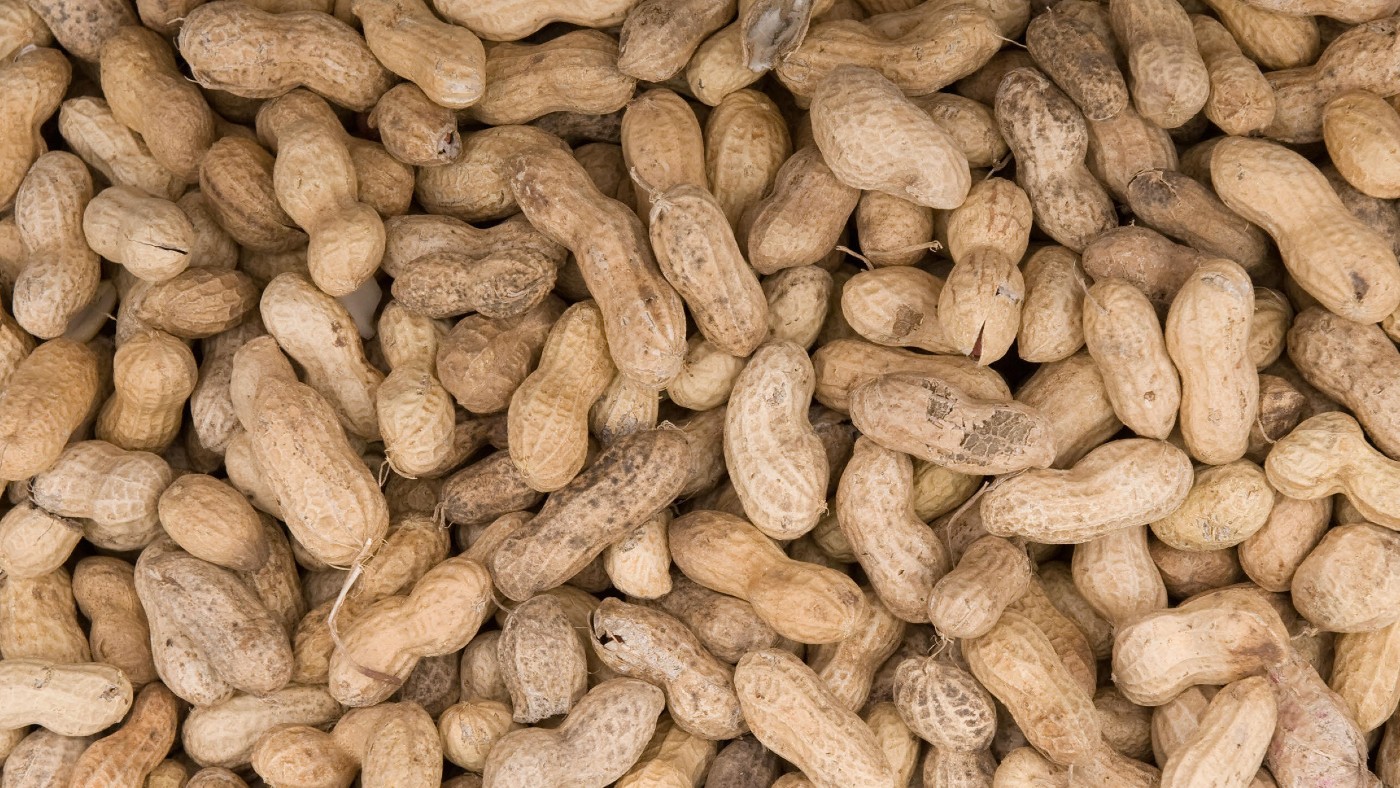 The tricky science behind eliminating peanut allergies
The tricky science behind eliminating peanut allergiesfeature Scientists are racing to find a cure for allergies while profit-conscious companies wait eagerly in the wings
-
 The science behind lab-grown blood
The science behind lab-grown bloodfeature Development of ‘absolute game changer’ could help those with sickle cell and other conditions
-
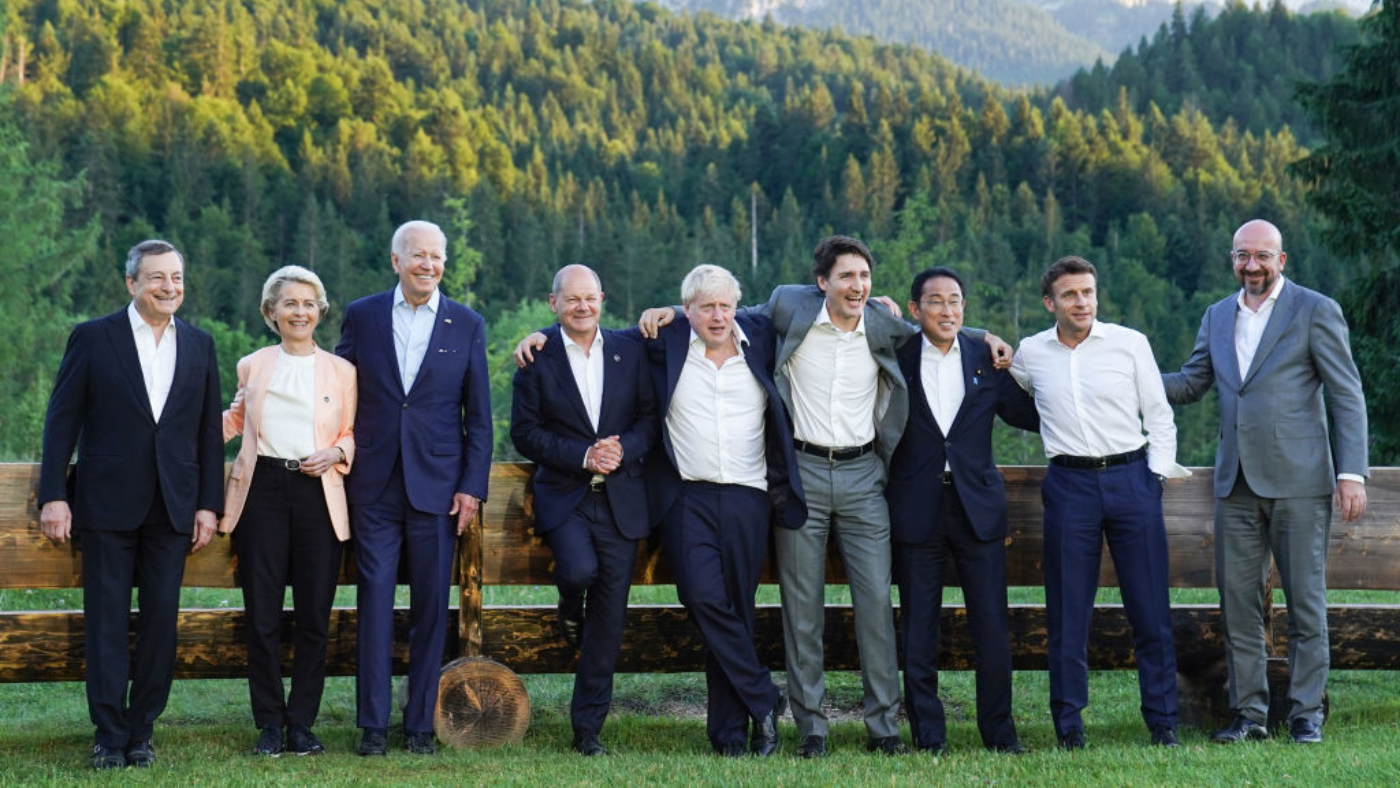 ‘Boris Johnson measures success in biceps rather than brain power’
‘Boris Johnson measures success in biceps rather than brain power’Instant Opinion Your digest of analysis from the British and international press
-
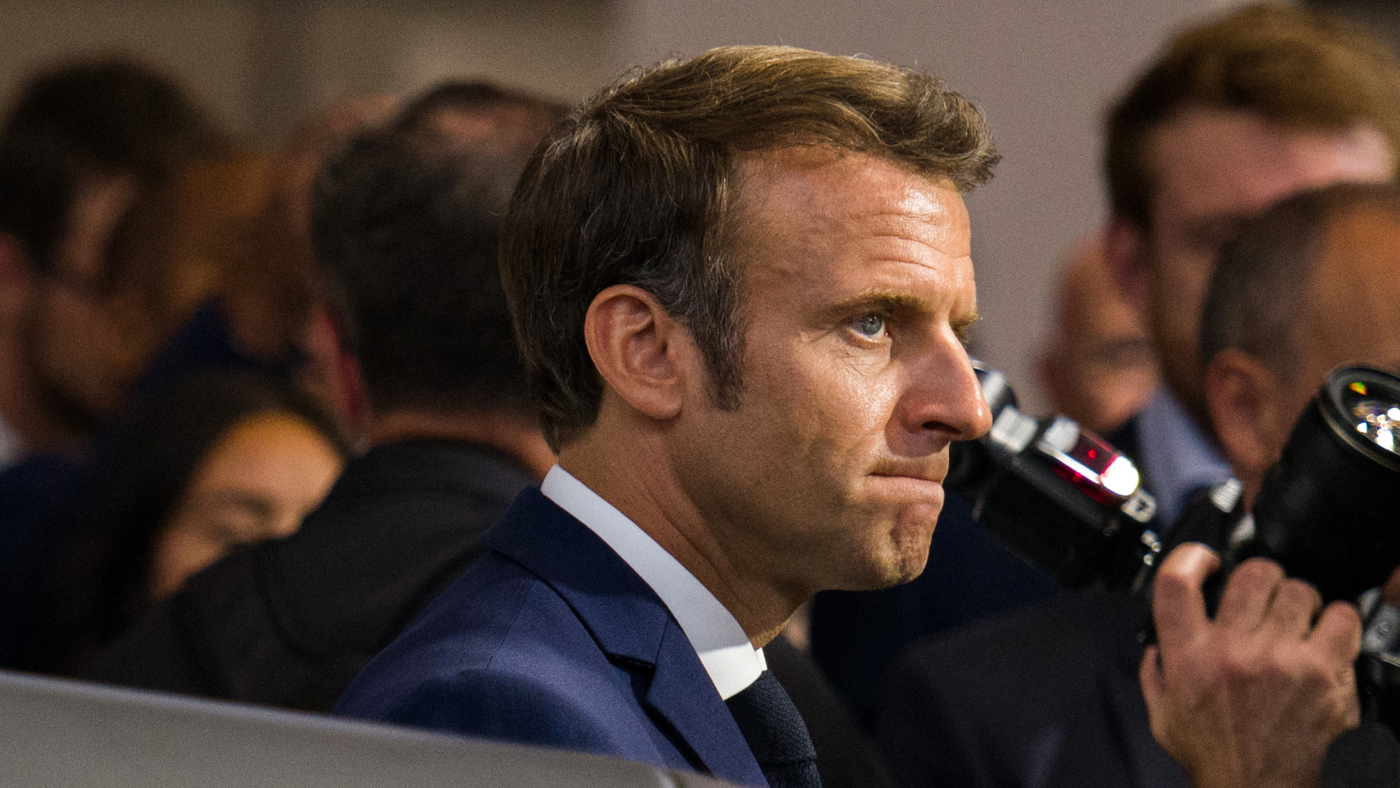 ‘France looks more ungovernable than ever’
‘France looks more ungovernable than ever’Instant Opinion Your digest of analysis from the British and international press
-
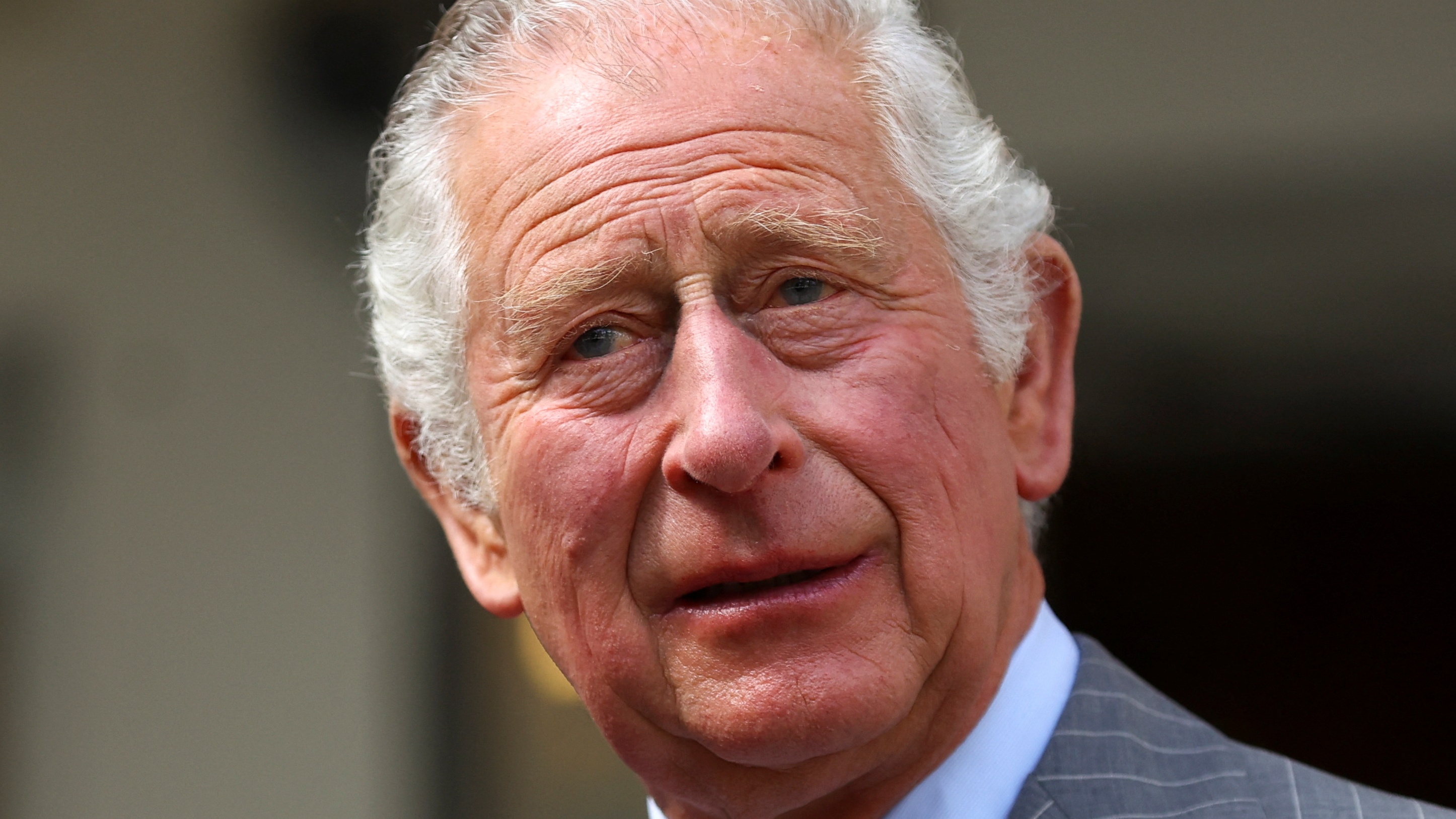 ‘Britain needs a democratic monarchy’
‘Britain needs a democratic monarchy’Instant Opinion Your digest of analysis from the British and international press
-
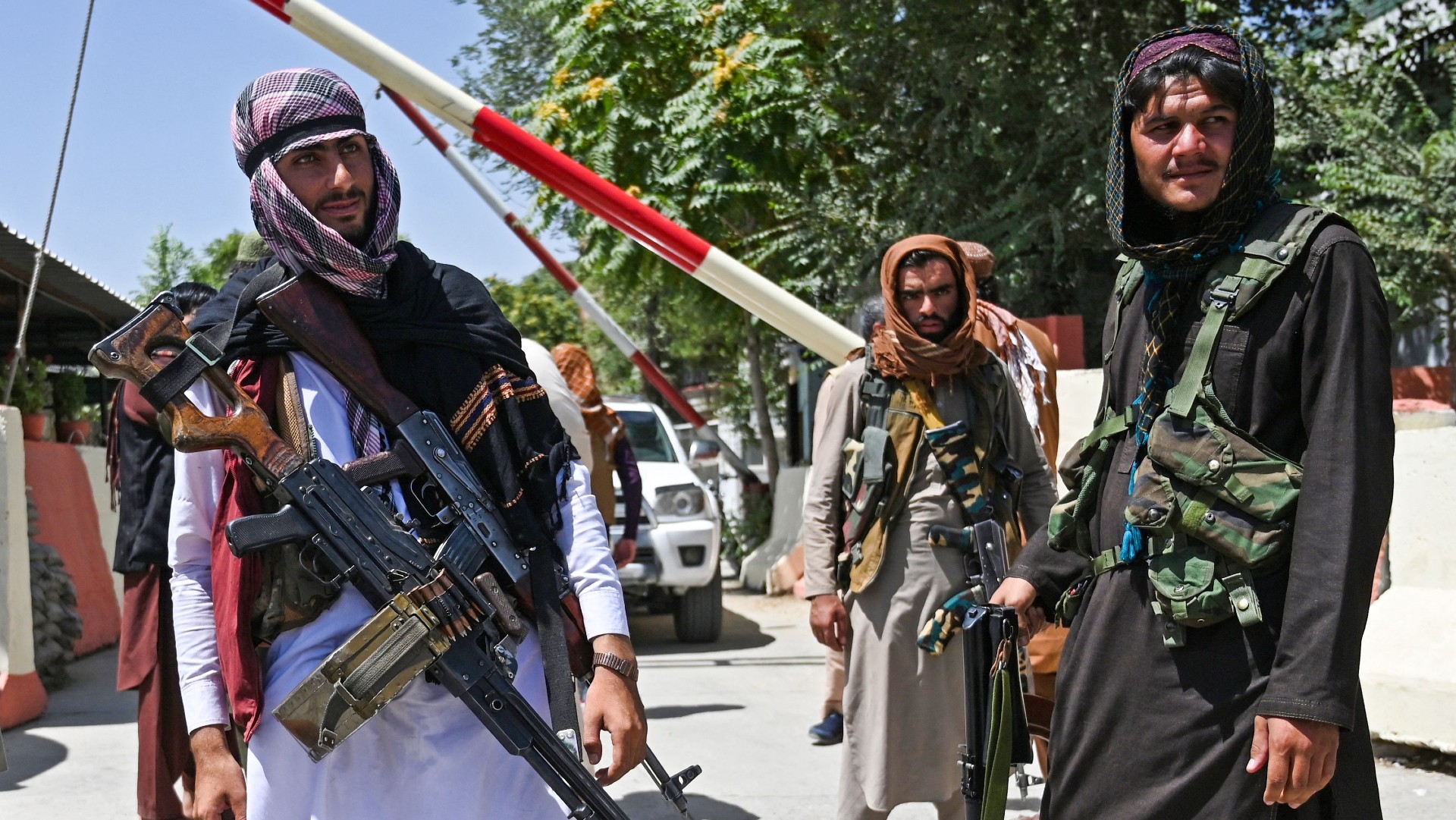 The Week Unwrapped: Afghanistan, Florida and Northern Ireland
The Week Unwrapped: Afghanistan, Florida and Northern Irelandpodcast Can the World Bank set the Taliban straight? Why is Florida saying ‘don’t say gay’? And what can we learn from the last trials of the Troubles?
-
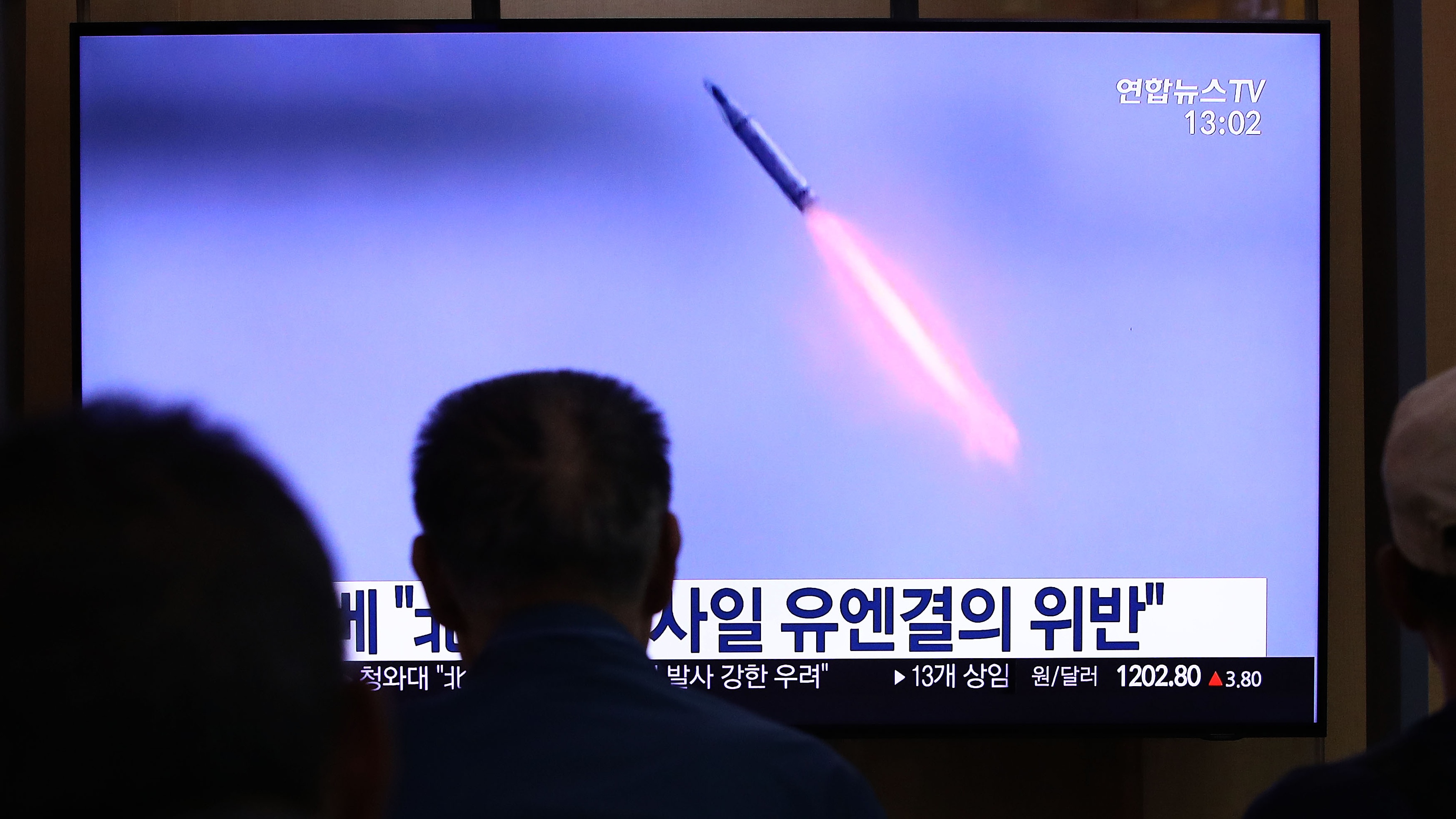 What we know so far about North Korea’s latest long-range cruise missile
What we know so far about North Korea’s latest long-range cruise missilefeature US says the weapon may have nuclear capabilities and poses ‘threats’ to neighbouring nations